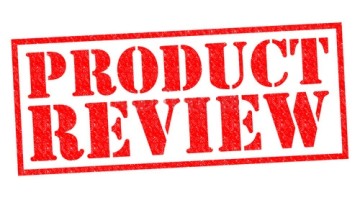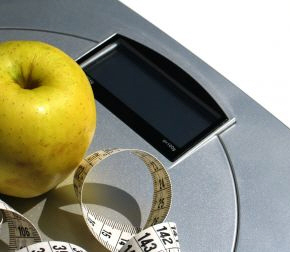Not only is what you eat and how much important when you are trying to lose weight, but so is when you eat. According to a recent study by Forza Supplements, 84% of the participants thought having defined mealtimes was important in their weight loss efforts.
Best times to eat
Based on that survey, people felt the optimal time for them to eat breakfast was 7:11am, lunch at 12:38pm and dinner at 6:14pm. Now of course you don’t have to be that precise, but 7am, 12:30pm and 6pm for breakfast, lunch and dinner respectively, would give you the best chance at losing the most weight based on eating times. Also noted by 76 percent of them, breakfast was their most important meal of the day; seventy-two percent responded that eating after 7pm was disastrous to their weight loss efforts.
What you eat
As far as losing weight, the kinds of food you eat are just as important as when you eat. If you are gorging yourself with foods high in saturated fat, salt, sugar and simple carbohydrates, then all your weight loss efforts will be in vein.
A healthy diet should consist of complex carbohydrates, healthy fats in the unsaturated family, whole grain, fresh fruits and vegetables, and lean meats. And don’t forget to add in foods containing Omega 3: salmon, halibut, mackerel and tuna. This healthy diet not only gives you the nutrition you need, but keeps the calories down as well.
How much you eat
Even eating the above healthy foods, you can still eat too much, so portion control is important. But how much is a portion? It depends on the food.
For instance, think of a portion as:
A hockey puck for whole-grain pasta
Two-thirds deck of cards for skinless chicken breast or hamburger patty
Two teaspoons is about the size of a pair of dice
Four dice for a serving of cheese squares
A tennis ball for an apple or orange
A baseball for a serving of cooked vegetables
Two baseballs for a serving of fresh green leafy vegetables
It will take a while of practicing portion control using this method of association, but once you get the hang of it, it is much easier than trying to remember and judge portions in measurements such as ounces, teaspoons and cups.
Controlling calories, along with eating at prescribed times, is the key to achieving sustained weight loss. Once you've achieved your goal weight, you can adjust your portions to stay there. However what and when you eat should remain constant. And don’t forget to keep exercising!




